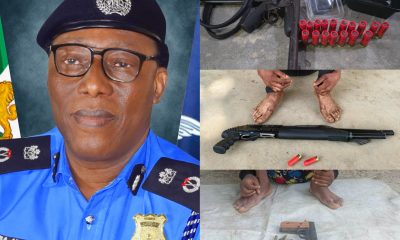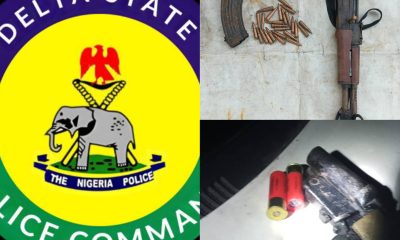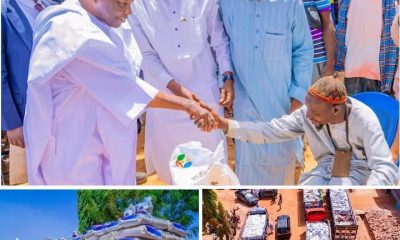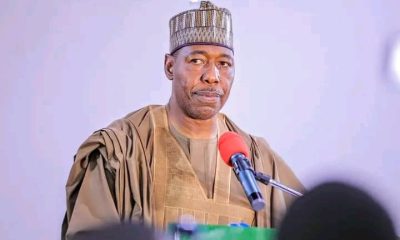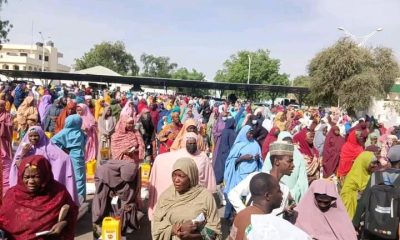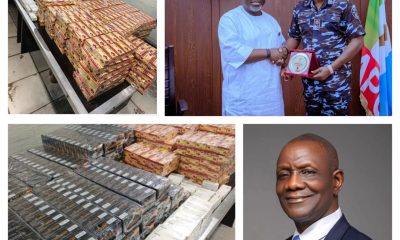National
In Remote Malam Fatori, a Lifeline of Care for Returnees and Families
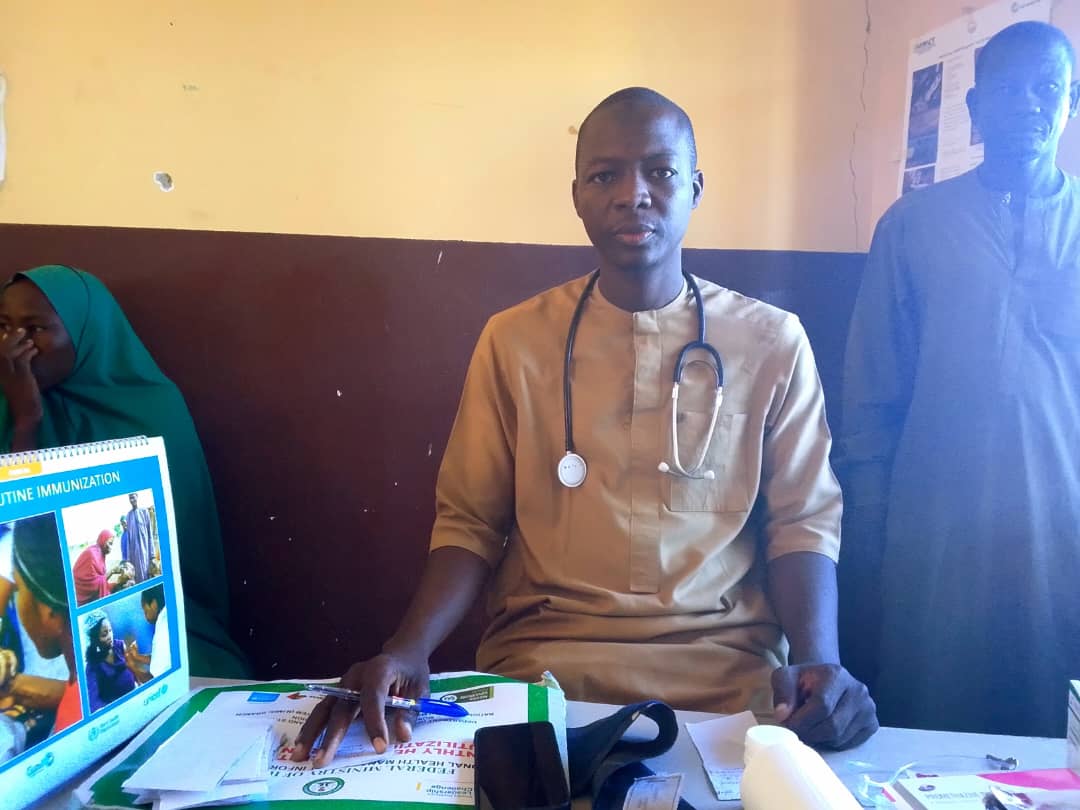
By: Adamu Aliyu Ngulde, Maiduguri, Nigeria
In the early morning, as the sun rose over the dusty town of Malam Fatori near Nigeria’s border with Niger, dozens of residents lined up outside a modest concrete building that serves as the town’s primary healthcare center. Inside, nurses moved briskly between patients- mothers clutching feverish infants, elderly men waiting quietly on wooden benches, and young children recovering from malaria.
For many in this remote corner of Borno State, this small clinic is more than a place of treatment. It is, quite literally, a lifeline.
Mohammed Garba, 39, a community health worker and deputy head of the Malam Fatori Primary Healthcare Centre, said the facility has become a trusted refuge for residents who often have no other access to medical help.
“Whenever people feel sick, they rush here,” he said in an interview. “They know they will find nurses who understand how to take care of them.”
Garba, who has worked in Borno’s healthcare service for more than a decade, said the clinic’s staff attend to dozens of patients each day, providing everything from malaria treatment to maternal health services. “Our team works around the clock,” he said. “Even with limited resources, we make sure no patient is turned away.”
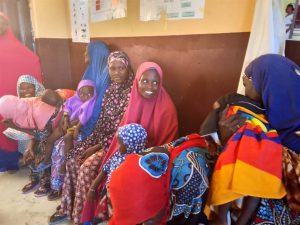
The clinic has also become a crucial support center for returnees- families who fled Malam Fatori during years of insurgency and are now coming back to rebuild their lives. Many, Garba explained, arrive with lingering health problems after long months of displacement.
He urged returnees to make use of the facility whenever they experience any illness. “The clinic is here for everyone,” he said. “Health is the foundation for rebuilding our community.”
Healthcare delivery in Borno State has been severely strained by more than a decade of conflict with Boko Haram insurgents. Entire communities were uprooted, and dozens of clinics and hospitals were destroyed or abandoned.
In recent years, however, the state government has embarked on an ambitious campaign to restore essential services in liberated areas.
Garba commended Borno State Governor Babagana Umara Zulum for making healthcare a top priority. “We have seen the governor’s commitment,” he said. “He is supporting our facilities with drugs, equipment, and staff. Without that, many of us could not operate.”
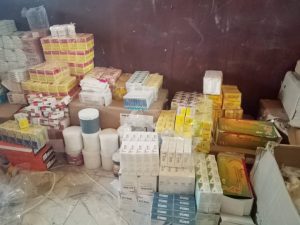
Under Governor Zulum’s administration, dozens of healthcare centers have been rehabilitated or newly constructed across rural Borno. Mobile clinics have also been deployed to reach internally displaced persons in camps and remote settlements.
Still, challenges persist. Medical supplies are often delayed by poor road access, and staff members face risks traveling to isolated areas. Electricity and water shortages make operations difficult, especially during emergencies.
But Garba said the dedication of his team keeps the center running. “We are doing this for our people,” he said. “Every day, we see lives saved here- that keeps us going.”
As the line of patients thins in the afternoon, a nurse steps outside to call the next mother and child. The clinic’s walls may be cracked, and its equipment limited, but inside there is an atmosphere of calm determination.
For the people of Malam Fatori, that is what hope looks like.

